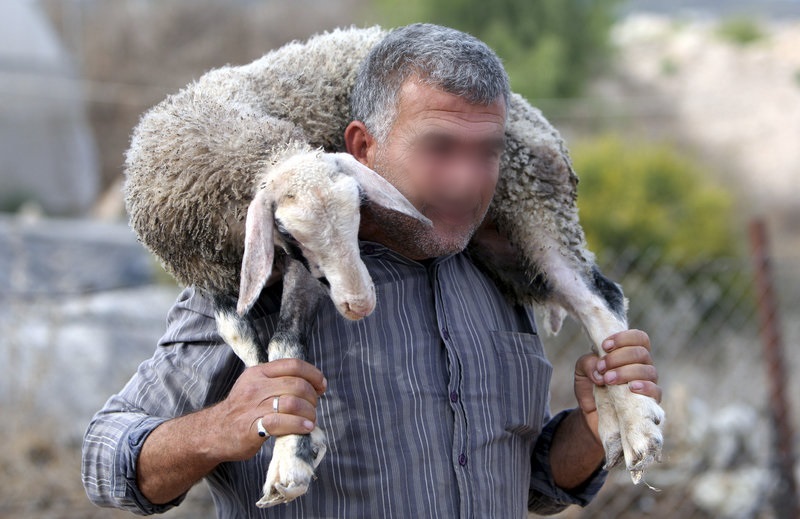Parshas Mishpatim
Was it Really the Perfect Crime?

“When a man steals an ox or a sheep, and slaughters it or sells it, he shall pay five oxen for the ox, and four sheep for the sheep.” (Shmos 21:37)
“You shall not wrong a stranger or oppress him, for you were strangers in the land of Egypt.” (Shmos 22:20)
AAMCO is an American transmission-repair company. They claim that car transmissions are delicate mechanisms. Each car transmission needs the correct fluid in order to run properly and to last long. Putting in the wrong transmission fluid in a car will eventually cause the transmission to fail.
The most technologically advanced invention is also the most delicate. That invention is the human being. Often, we can do something to damage our own or other’s delicate mechanism without even realizing it.
On the outside, we may view a six-foot-three-inch Navy SEAL, weighing two hundred and eighty pounds of pure muscle, as a “tough guy”. On the inside, however, every human being has a very delicate and sensitive mechanism.
The Ba’alei Mussar are those Torah mentors who teach us to have sensitivity to others. If a person’s relative was killed by hanging, you should never mention, in their earshot, anything about hanging. For instance, you should not even discuss hanging a picture. Although meant as an innocent remark, the word “hanging” will strike a sensitive chord and will make the person feel bad, either consciously or subconsciously.
If a man steals an ox and slaughters or sells it, he must repay the animal’s owner five times its worth. However, if he steals a sheep and slaughters or sells it, he must repay the animal’s owner only four times its worth. Why does the thief pay less for what he did to the sheep? Rashi quotes the answer from the Talmud. It is somewhat degrading to the thief when he carries the sheep away on his shoulders. The Torah considers this embarrassment as a partial compensation for the theft. Therefore, the thief pays a reduced fine.
The Talmud’s answer seems strange. This thief feels so happy that he succeeded in the “perfect crime”. He feels good about himself. What embarrassment is there?
Apparently, the Torah is teaching us that there is a level of embarrassment that the thief feels, subconsciously, without even realizing it. His delicate, internal mechanism was damaged, without his even realizing it.
This educates us to a whole new understanding of what a person is. He is so sensitive to insult or embarrassment. Sometimes he is not even aware of the hurt, yet it affects him, nonetheless.
On the other hand, a thoughtless remark can damage our own internal mechanism. The Torah tells us not to insult a ger, a convert to Judaism, because we too were gerim, strangers, in Egypt. Our remark insults and hurts ourselves. This too is illogical. Our forefathers were strangers in Egypt over three thousand years ago. If I insult someone by calling him a ger can that possibly affect me? The answer is a resounding yes! A human is so sensitive that even such a remark will cause pain to his subconscious.
We must be so exceedingly careful of our words and deeds.
A thoughtless act or remark can pain or damage a person’s delicate and sensitive mechanism.
Based on a dvar Torah by the Alter of Kelm zt”l



